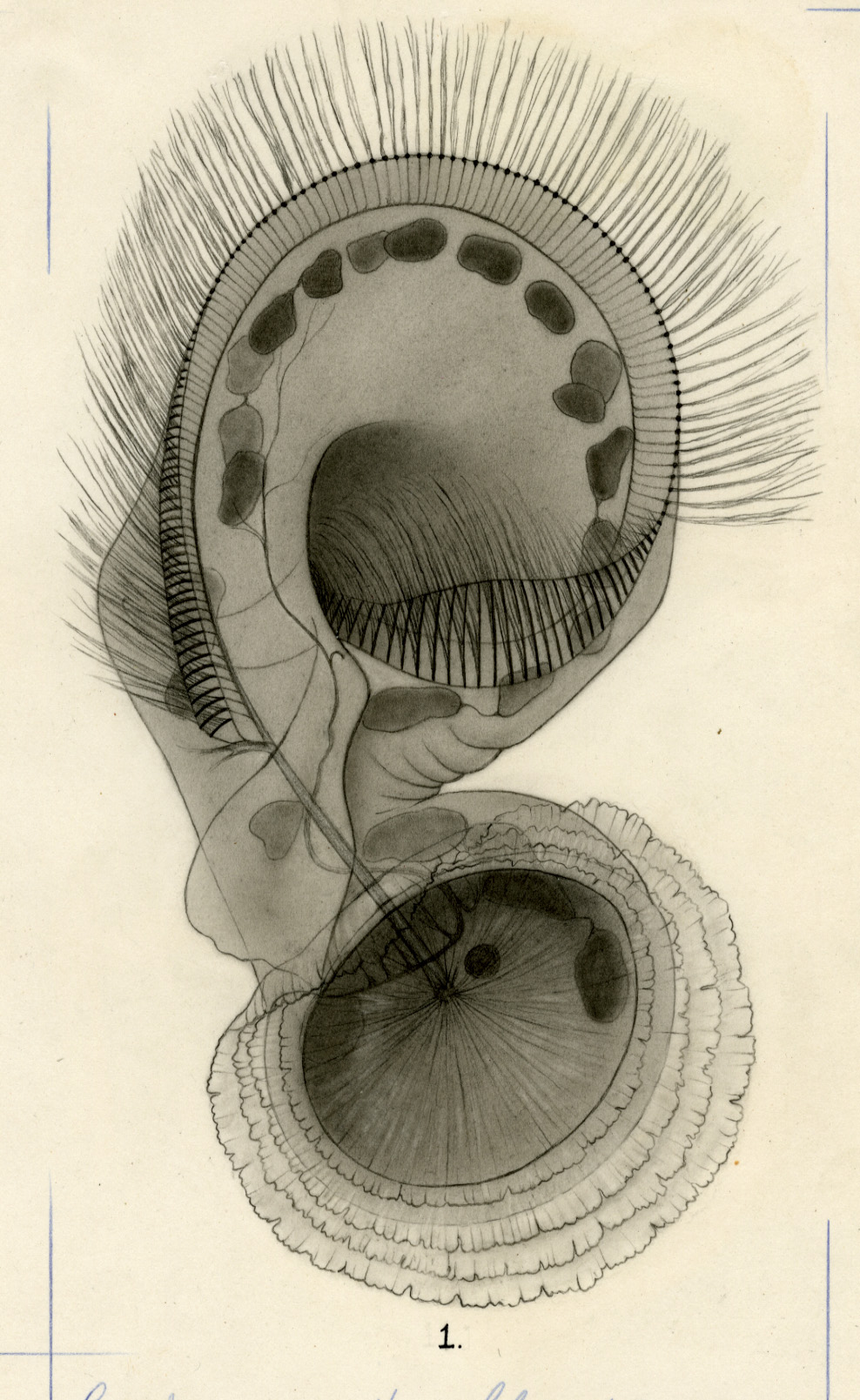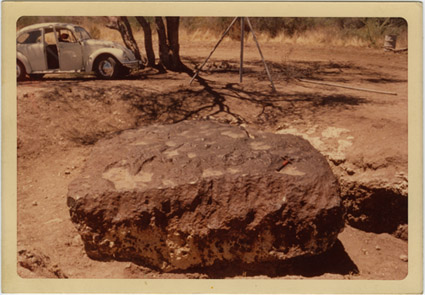William Balamuth Collection

Born in New York City in 1914, William Balamuth enjoyed a long career in protistology. Introduced to the field as a graduate student in Harold Kirby’s laboratory at the University of California Berkeley, Balamuth received his dissertation in 1939 for a study of regeneration in the heterotrichous marine ciliate, Licnophora macfarlandi. After several years at the University of Missouri and Northwestern, he returned to Berkeley in 1953 to replace his mentor. During the course of his career, Balamuth worked on fundamental issues in the biology of organisms ranging from parasitic amoebae to amoeboflagellates, publishing over 80 papers on culturing, nutritional requirements, cell cycling, and encystment. He died suddenly on June 10, 1981.
The Balamuth Collection consists of 114 drawings of ciliates prepared by William Balamuth for use in courses and publications between the 1930s and early 1960s, along with a handful of offprints of articles and scattered research notes.



